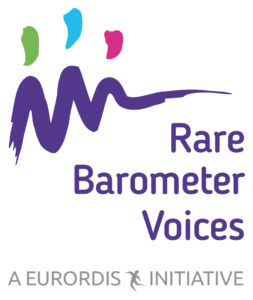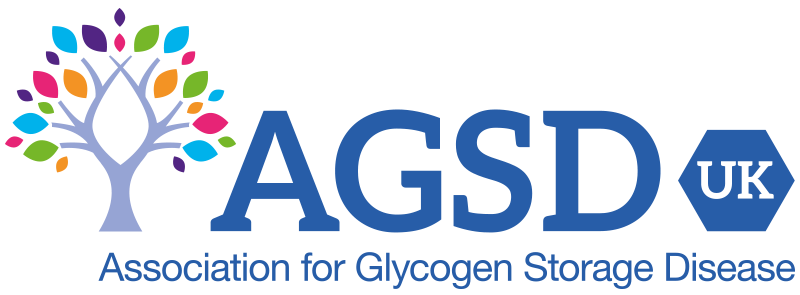Report finding: Patient Organisations central to helping people with rare diseases
- Sub-par healthcare for people living with a rare condition
- Survey shows that, on average, rare disease patients rate their healthcare experience 2.5 on a scale from one to five.

AGSD-UK joined with the Rare Barometer survey from EURORDIS the European Organisation for Rare Diseases. The report shows that people with rare diseases give their healthcare experience a medium-low rating.
Based on over 3900 responses, the report outlines major gaps in healthcare delivery and provides recommendations for future reform.
It says, healthcare services for rare and complex conditions only occasionally consider key aspects, such as follow-up consultations and appropriate psychological and social support.
Room for improvement
There is still plenty of room for improvement and redesign of health and social services to meet the needs of people living with a rare or complex condition.
Among the three priority areas for improvement, the respondents indicated the need for:
- follow-up consultations
- more orientation on resources and support
- psychological assistance.
Timely follow-up is vital to ensure that the patient is aware of his or her diagnosis and moves forward with the prescribed treatment plan.
Importantly, orienting patients towards community support groups, alongside adequate psychological and emotional help, emerges as a key factor in ensuring a better healthcare experience.

EURORDIS is a non-governmental and non-profit alliance of patient organisations, representing over 800 rare disease patient organisations in over 70 countries.

